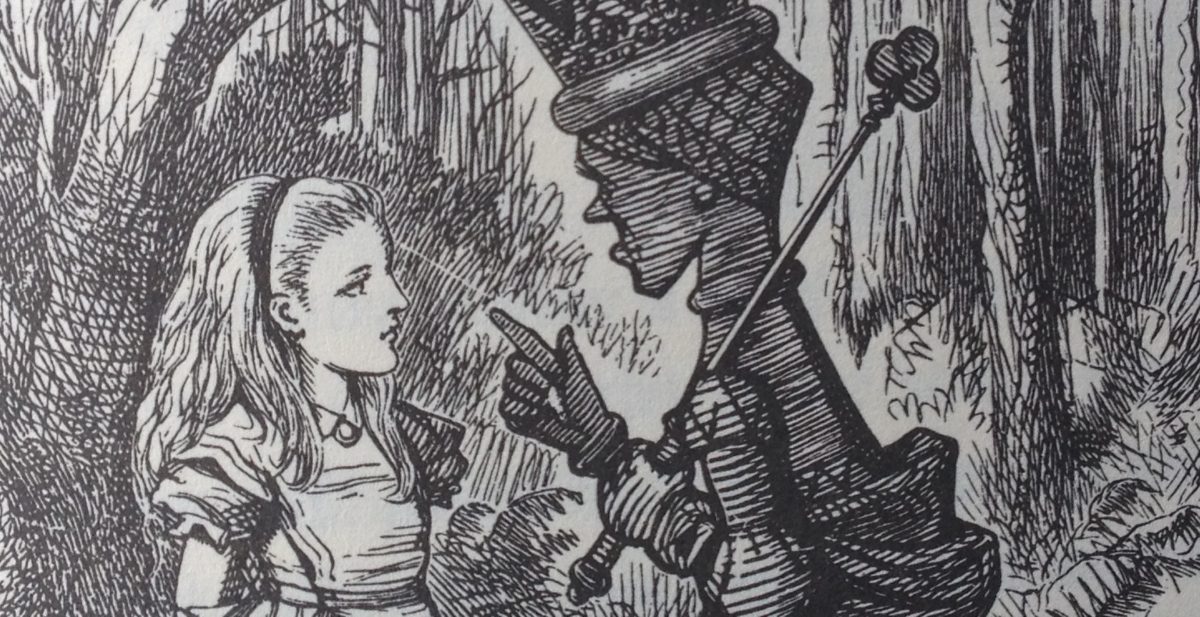Social conflict in roleplaying does not depend on personal charisma and improvisational acting skills from the players. While such brings enjoyment to the activity and should be encouraged if the table prefers, it doesn’t need to have bearing on rulings regarding persuading an NPC.
Social conflict can be turned into another aspect of a broad problem-solving approach to roleplaying without the implementation of rules, but a shift in conversational patterns. The referee establishes that the NPC has an Obstacle that forbids them from helping the players, or otherwise not do desired behavior. It emerges from their needs: they’re thinking, breathing individuals with their own lives going on. The referee notes down what impedes the NPC from helping the players. If it’s nothing, they should give what the players want, but important help always costs something.
The Obstacle must be telegraphed extensively, as one would do with a deadly trap. This in many cases is rather easy. If the NPC is materialistic, the referee describes how they obsessively count down the coins in their hands while talking. Bribing will be the best approach. If the NPC is paranoid or afraid of something, they keep looking over the shoulder and talking quieter when the source of their fear is mentioned. Intimidating them won’t do anything if the PCs don’t present a threat much bigger than what they already fear.
How psychologically complex an NPC should be? It varies from table to table, but I generally assume they can have very simple characteristics that will gain texture during play, as their function is to present challenges and opportunities for the players instead of acting like characters in a novel or sidetrack from the players’ agency. A single Obstacle per NPC is fine for most campaigns.
Players don’t have to roleplay a whole conversation unless the table agrees that is part of their enjoyment. Again, the capacity to perform a conversation in a convincing manner is not a skill being tested. What is being tested is their problem-solving. In this case, if they can choose an approach that solves the Obstacle.
“I intimidate them”, “I bribe them”, “I seduce them” and others are perfectly fine things to say. In fact, if the player is doing extensive roleplaying of the conversation, perhaps one should ask which action they’re trying to take with all the talk. The referee judges whether that course of action would satisfy the needs of the NPC (loneliness, greed, fear of authority etc.) and remove the Obstacle. An approach that doesn’t make sense will not work regardless of how well the player speaks. If the referee is in doubt if it would be efficient, it’s generally good policy to be generous in judgement.
While we can’t affirm that problem-solving skills and analysis of the given information about the NPC are ubiquitous among players, I do suspect it’s a more even playing field than improv acting as a determining factor.
Where does social skills and Charisma rolls and what have you fit within this mold, to not penalize PCs who are supposed to be more capable of it than others? As saving throws. Here I refer to the original function of saving throws as described in AD&D instead of the modern “when you do something risky” Save. A Hail Mary for when things already went wrong. Much like players who failed to adequately deal with a trap or monster still may get lucky with a saving throw, players who committed an error of judgement regarding the NPC’s true needs may roll social skills and such to prevent the worst possible consequence of their mistake. In this situation, succeeding doesn’t mean convincing the NPC, just that their reaction will be neutral or slightly negative instead of the worst possible. Nor does success guarantee a second try, although some referees may rule it as such.
I’m moving beyond using that kind of saving throw in my gaming (personal FKR reasons), but it may be the ideal procedure for others.
Note: as for the reaction roll, Gus L. mentioned on Discord that you can divide the result by two to determine how many questions/chances the players have with a NPC, which may fit here.

Could the alignment axis be applied? Maybe persuasion has more/less effect on someone of the same/different alignment as your own? Good folks are easier to deceive, evil are easier to intimidate?
LikeLike
Very probably! Would be an interesting way of going about it. If only using the original alignment (Lawful/Chaotic), those of the same alignment could be easier to deceive (you are the same cosmic football team, after all) and those of opposite are easier to intimidate (they think of you as a violent nutso already).
LikeLike